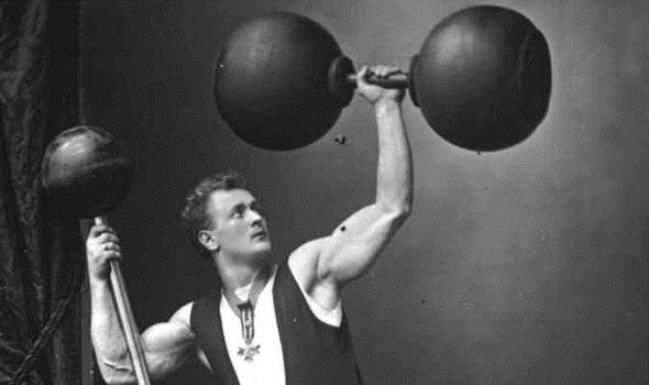“I’ll give you something big enough to tear your ass in two” – these are the lyrics of the widely discussed song Blurred Lines performed by Robin Thicke, T.I. and Pharell.
In the video they are messing around with three barely dressed girls. Although Robin Thicke personally received a fair amount of criticism for sexism and the objectification of females in this video, he didn‘t seem to take it very seriously and claimed that “nudity should not be the issue”. He also did not miss the opportunity to keep silent and commented, according to him, on much more important things like poverty, terrorism, the Wall Street and Social Security issues. Get it right – it is your own problem if you are bothered by the regularly appearing visual sexist remarks in the video clip. Let the guys have fun. But why am I discussing this particular example if the title of the article clearly contains the word masculinism?
First of all, masculinism is still something unheard, even exotic in Lithuania and the studies of masculinity are seen as something inappropriate and suspicious. We also have to acknowledge that all of this exists in a very antifeminist environment. If a word is said about the women rights in a public sphere, one urges to quickly add “But I am not a feminist or something“. That clearly sounds like a precaution from the potential guilt and fear to escape the cage where the opinion of the general mass is satisfied. So this is, unfortunately, the gender discourse here. I am not even talking about the supporters of masculinism. On the whole we tend to perceive what male is without questioning. As if there were a monument where the masculine and feminine norms, duties and rights are engraved.
Generally those who have not really engaged with the studies of masculinity, just do the long “whaaaat?” once they hear about it. Although the reaction is simple, even banal, I find it eloquent – does it mean that we see masculine as so fixed and clear that the studies of it are not necessary? And if, according to Judith Butler, sexuality in the contemporary society exists as the requirement to make one’s life bearable, what are these requirements? One of rare but accurate studies on this topic has been carried out by a Lithuanian sociologist A.Tereskinas. To rephrase his ideas and generalize, clearly the hegemonic masculinity is the one which we consider dominating, masculinity as authority which includes heterosexual lust for women, financial power. Let‘s put it this way – just imagine a wealthy superman with muscular body and power whose oasis is the patriarchal society allowing his hegemonic domination prevail. This is probably that individual whose life, continuing Judith Butler‘s thought, would be empowered to be more than just bearable. These features would be enough to get the stamp masculine in the invisible social passport. If there is masculine, there is also everything is alright with him. A.Tereskinas also defines the type which conforms. Dot not stick their heads out too much, don‘t put themselves on the first row amongst the other men but quietly enjoys his privileges of the patriarchic society. Feminists still sound as a potential threat for him as a bunch of wild women burning their bras. Finally there is the subordinated masculinity which usually refers to homosexual men.
Quite primitive is that analysis based on men – women oppositions which are not taking into the account the hierarchies within the genders itself. As if there was some constant versus between women and men which can be compared to two totally different organizations competing and both seeking to win. Naïve. Masculinity is a phenomenon separated from the biology of the body, a social construction which is being forced to be connected with the biological body, a should be determined by the certain society, insistent landmark for the at least bearable life. Then the surprised “what?” when talking about masculinism sounds even cynically indifferent. I cannot hold myself from mentioning silly ironic and quite funny slam poetry verses which I found on tumblr: “I need masculism because we exist /Deep within the bowels of the matriarchy’s iron fist /And the tears of millions of friendzone-ees everywhere / Could fill the rivers and effectively end any water shortage”.
Masculinism is needed because there are problems which derive form the dualism of what is expected from an individual by the society and what that individual can offer and to what extent can an individual fulfill those demands. When talking about such a silently forced masculinism, the photographs of Diane Arbus inevitably come to my mind. The men in her photographs have nothing in common with those who can enjoy the privileges of the patriarchate. They are rather marginalized, although having male body, cannot really use the dividends of the patriarchate. Therefore to talk about masculinism is not just to bullshit about men’s rights but to ask what do the labels we are impelled to wear essentially mean, what does not only the hierarchy of sexes mean, but also the hierarchy within the sexes? And in general how much normality is there in a norm? Although it is impossible to live in a world without norms and social armor, it is possible not to perceive it as something granted, unquestionable and fixed. To question the essential basics and to stop thinking that something is given a priori is what matters. Then the long “what?” when talking about the masculinism will not be relative any more.







